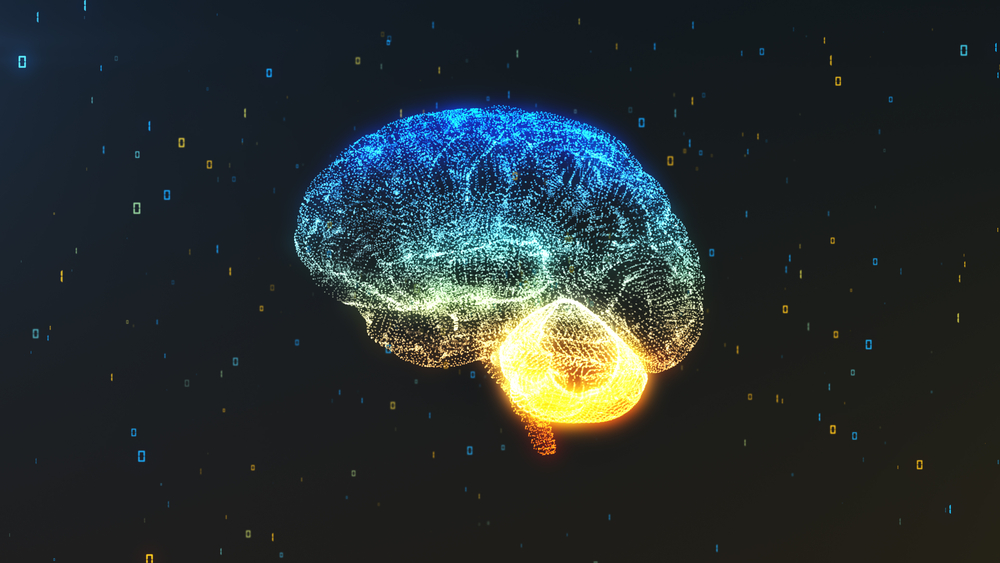Sci-fi books, movies, and television shows describe a future where everything is controlled by our brains and humans are able to interface directly with computers and robotics. While it makes for an interesting story, few of us actually expect to see this happen. However, brain-controlled computers already help paralyzed people interact with their world. That may be the basis of a future in which we control almost everything using our brains.
How Brain Controlled Computers May Be Our Future
While they still sound like the stuff of sci-fi, brain powered computers are a very real thing. Neuroscientists today are working tirelessly on building better human brain-to-computer interfaces and robotics, and their results are impressive. They have helped many people regain control over their lives, and even helped one paralyzed individual set a world record for typing.
Much of this research is currently devoted to helping paralyzed individuals regain mobility and control in their lives. However, since these are digital interfaces, it is not outlandish to imagine that we could use them to connect people to the Internet and the Internet of Things around them. If scientists and researchers can actually hook a human brain up to the Internet of Things, there is no telling what we would be able to accomplish. Is your house too warm? Turn on the air conditioning with a thought. Did you forget to turn off the lights when you left? If you are connected to WiFi, you might be able to turn those off remotely as well.
Potential Pitfalls of Mind-Controlled Computers
Some of the potential pitfalls of connecting human brains directly to the Internet and the Internet of Things are more apparent than others. Whenever anything is connected to the Internet of Things, its security seems to plummet. Think about all the botnets running on the small computers within appliances, or how haphazard the security coding of these devices is. The devices are under constant attack by malicious actors due to their insecurities. Usually they end up being part of some botnet. Would this mean that human minds could end up as botnets too?
Another potential issue that could arise is phantom or unintentional use of connected devices. What if an individual were simply contemplating turning on a light rather than wanting to? Would the interface be able to distinguish intentional from contemplative thought? Dreaming might be yet another issue. We have all had truly insane dreams, but even the most mild dream could entail moving something or interacting with an interface unintentionally. While it could be something as harmless as turning on a light, it could also be dangerous if a device with which the mind interfaced had any sort of destructive capability.
This seems like an interesting possibility regardless, and I for one would love to learn more about how researchers and scientists plan on making this a safe and ubiquitous technology.

